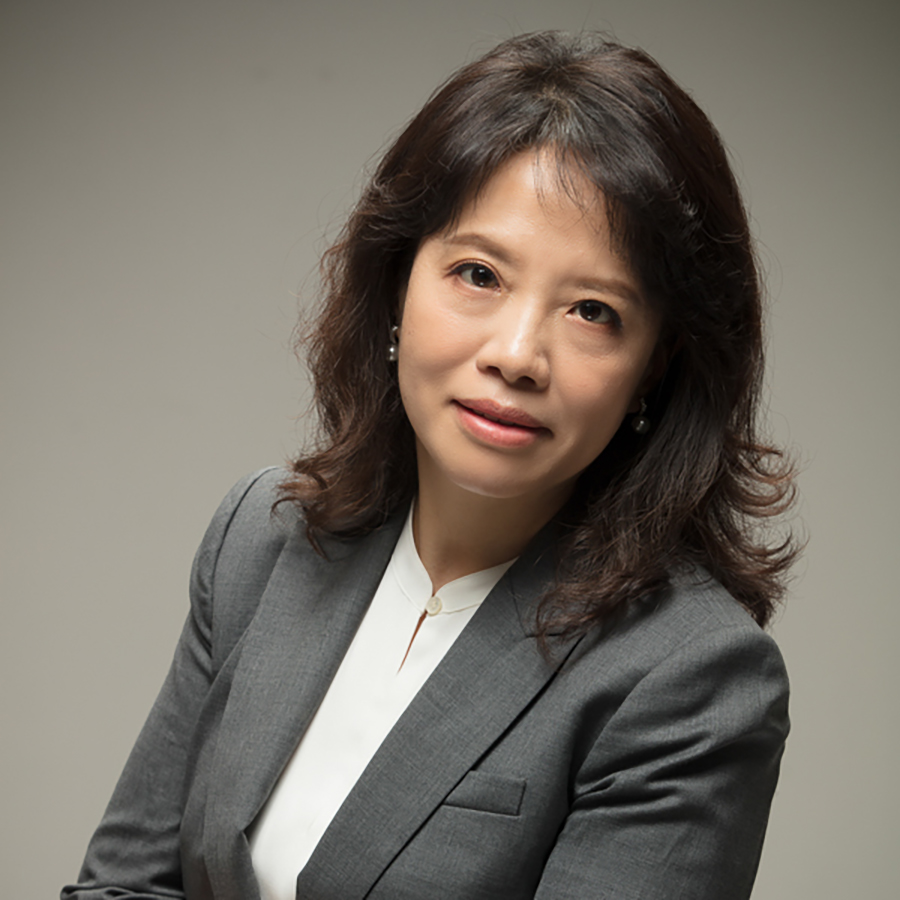Video recording of event:
Announcement:
Japanese Studies India, in collaboration with Japan Foundation, New Delhi is glad to announce the MS Visvesvaraya – Okakura Tenshin Lecture Series on Japan, it’s culture and history. The lecture series is named to honour M.S. Visvesvaraya (1860-1962), a distinguished engineer, administrator and educationist who was one of the first to recognize the importance of modern Japan for India, and Okakura Tenshin (1863-1913), who played an influential role in the cultural exchanges between India and Japan.
The Lecture Series is curated by Brij Tankha and the second lecture of the series will be delivered by Kyunghee Pyun.

Summary of the lecture:
Korea has about 1500 items from Otani’s expedition of the Silk Road from 1902 to 1914. Japan boasts of a splendid collection of textiles from the trade along the Silk Road in the Shosoin Treasury. When the scholarship of textiles is introduced to a global audience, there are a number of problems due to terminology and classification of textiles. I will introduce important exhibitions of Central Asian Textiles held in Europe and North America since 1997 and discuss their limits on a wider dissemination of the scholarship of textiles. A few databases for the study of textiles will be presented as case studies for the future direction of the Silk Road Textiles to stimulate more interdisciplinary research projects.
•Speaker: KYUNGHEE PYUN is associate professor of art history at the Fashion Institute of Technology, State University of New York. Her scholarship focuses on history of collecting, reception of Asian art, diaspora of Asian artists, and Asian American visual culture. She wrote Fashion, Identity, Power in Modern Asia (Palgrave Macmillan, 2018) discussing modernized dress in the early 20th-century. She is working on a new book project, School Uniforms in East Asia: Fashioning Statehood and Self. As an independent curator, she has collaborated with contemporary artists in New York since 2013. Her recent project, Invisible Nomads & Weavers: The Yörüks, Bakerwals & Changpas is a part of visual ethnographic research on the impact of migration and globalization on nomadic communities of weavers and farmers of Pashmina goats in Central Asia. She has been teaching The Art of the Silk Road for more than ten years.
•Discussant: URMILA MOHAN, an anthropologist of material culture with a focus on clothing and bodily practices is Adjunct Faculty, Department of Anthropology, New York University. Mohan is also the founder and editor of the open-access digital journal “The Jugaad Project” (thejugaadproject.pub). Some of her publications are, with Susan Rodgers, “Classification Schemes Gone Awry: Implications for Museum Research and Exhibition Display Practices”, Special Issue of the Museum Anthropology journal, forthcoming); with Laurence Douny, The Material Subject: Rethinking Bodies and Objects in Motion, 2021); Clothing as Devotion in Contemporary Hinduism, 2019; with Jean-Pierre Warnier, “The Bodily-and-Material Cultures of Religious Subjectivation”, Special Issue of the Journal of Material Culture, 2017), and Fabricating Power with Balinese Textiles, 2018, accompanied her curation of an exhibition the Mead-Bateson textile collection at the American Museum of Natural History, New York.
•Chair: P. A GEORGE is Professor of Japanese language and literature and the current Chairperson of the Centre for Japanese Studies, School of Language, Literature and Culture Studies, Jawaharlal Nehru University, New Delhi. He has done extensive research in Modern Japanese literature, especially on Shimazaki Toson, Miyazawa Kenji and Ishikawa Takuboku. Prof. George was a recipient of Japan Foundation Fellowships. He was visiting scholar to Waseda University, Iwate University, and International Research Centre for Japanese Studies and visiting professor to Kwansei Gakuin University. Altogether he has published seventeen authored, edited and translated books. He also published several Academic Papers in peer reviewed academic journals and edited volumes in Japanese and English, both in India, Japan and USA. A pioneer in introducing Japanese literature to Indian readers, Prof. George is also a known translator of Japanese literature into Malayalam and English. Prof. George was bestowed with the Japanese Foreign Minister’s Commendation in 2016 in recognition of his outstanding contribution to Japanese Studies in India. He is also a recipient of the coveted Miyazawa Kenji Shoreisho Award by Hanamaki City Government in 2002 for his scholarly achievement and extensive research on Miyazawa Kenji.
